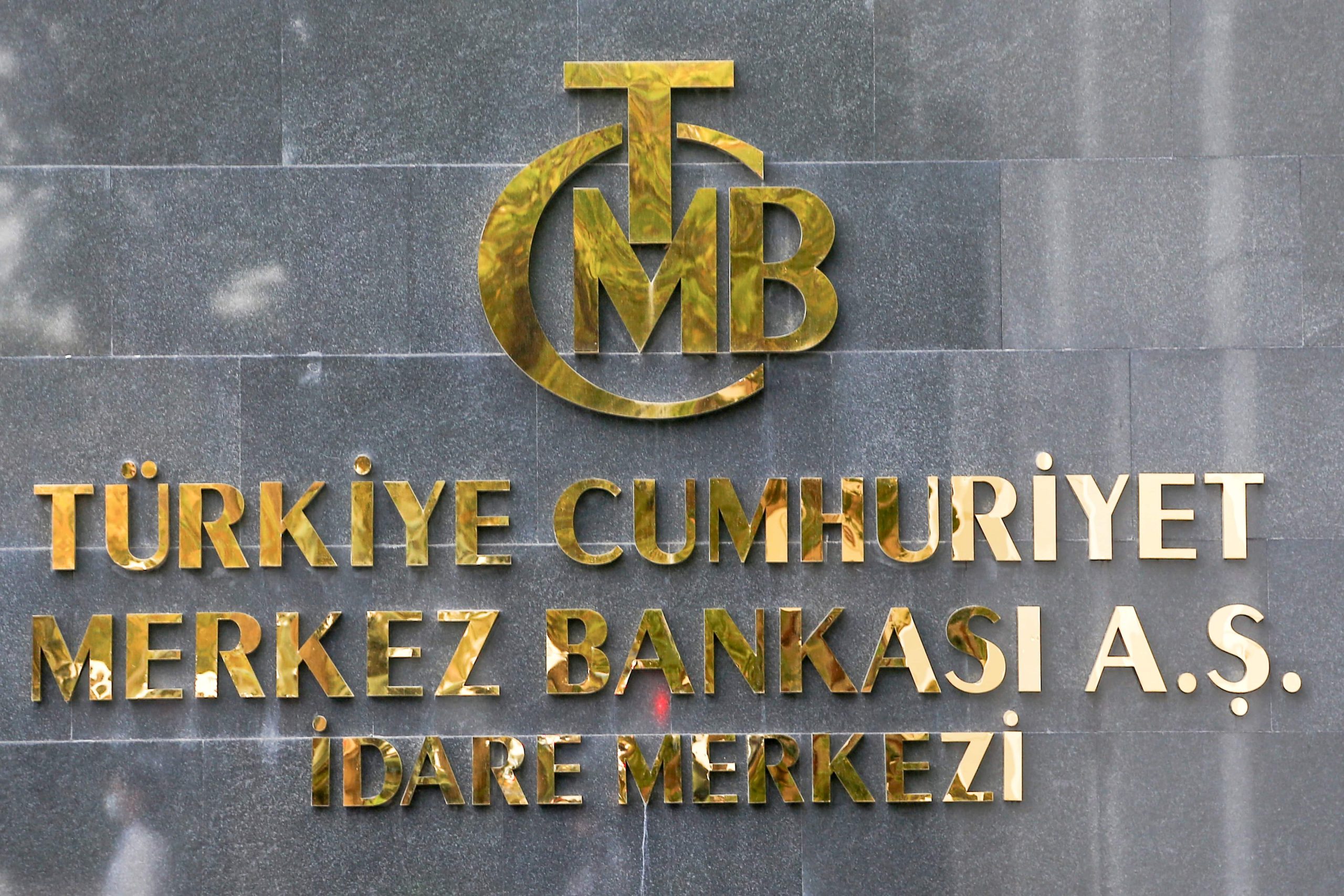Key Points:
- Turkey’s central bank raises key interest rate to 50 per cent to counter inflation.
- The decision aims to address economic challenges caused by soaring prices.
- Inflation surged to 67 per cent in February, leading to financial strain on households.
Background:
Turkey’s central bank has taken a significant step to combat inflation by increasing its key interest rate to an unprecedented 50 per cent. This decision comes in response to the severe economic challenges faced by households dealing with skyrocketing prices for essential goods and services.
Inflation Concerns:
The central bank’s surprise rate hike is a result of the worsening inflation outlook, with annual consumer price inflation reaching 67 per cent in February. The sharp increase in prices has put immense financial strain on many families, making it increasingly difficult for them to afford basic necessities such as food, rent, and utilities.
Policy Shift:
President Recep Tayyip Erdogan, known for advocating lower interest rates to control inflation, has faced criticism for his policies. Despite initial strategies leading to double-digit inflation and a currency crisis, Erdogan changed course after re-election and raised the benchmark interest rate from 8.5 per cent in June to 45 per cent in January.
Market Analysis:
Market analyst Bartosz Sawicki noted that despite previous rate hikes, the Turkish central bank had to increase the one-week repo rate from 45 per cent to 50 per cent. The ongoing economic imbalances from years of unorthodox policies required this adjustment, even with local elections approaching.
Currency Recovery:
The Turkish lira, which depreciated by about 40 per cent against the US dollar in the past year, showed signs of recovery after the central bank’s latest decision. The rate hike aims to restore confidence in the currency and stabilize the financial market amidst ongoing economic challenges.
















































